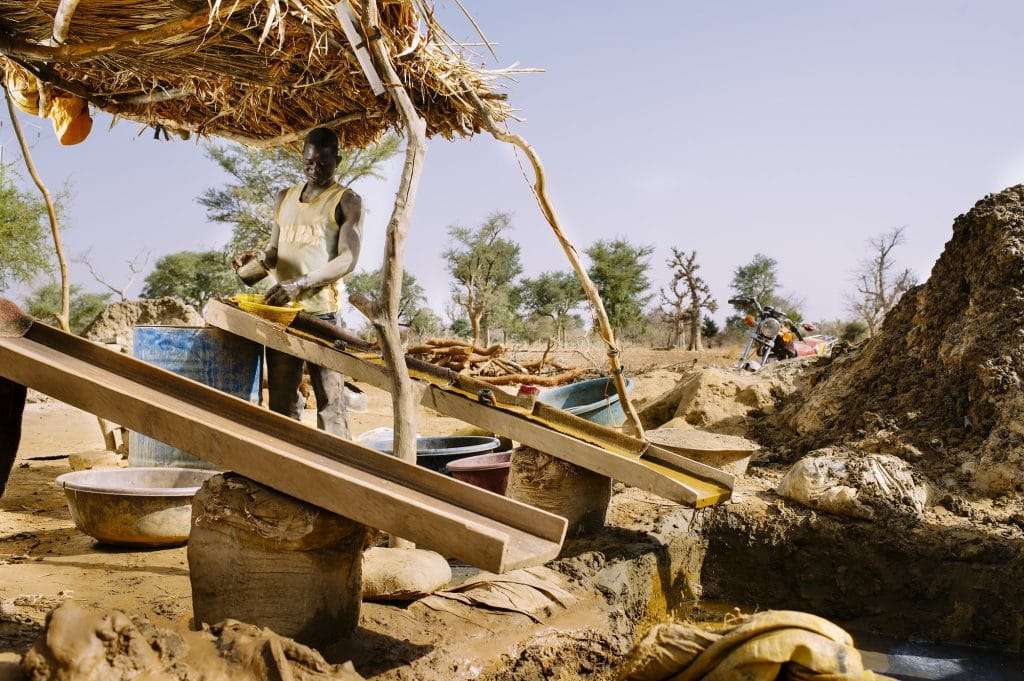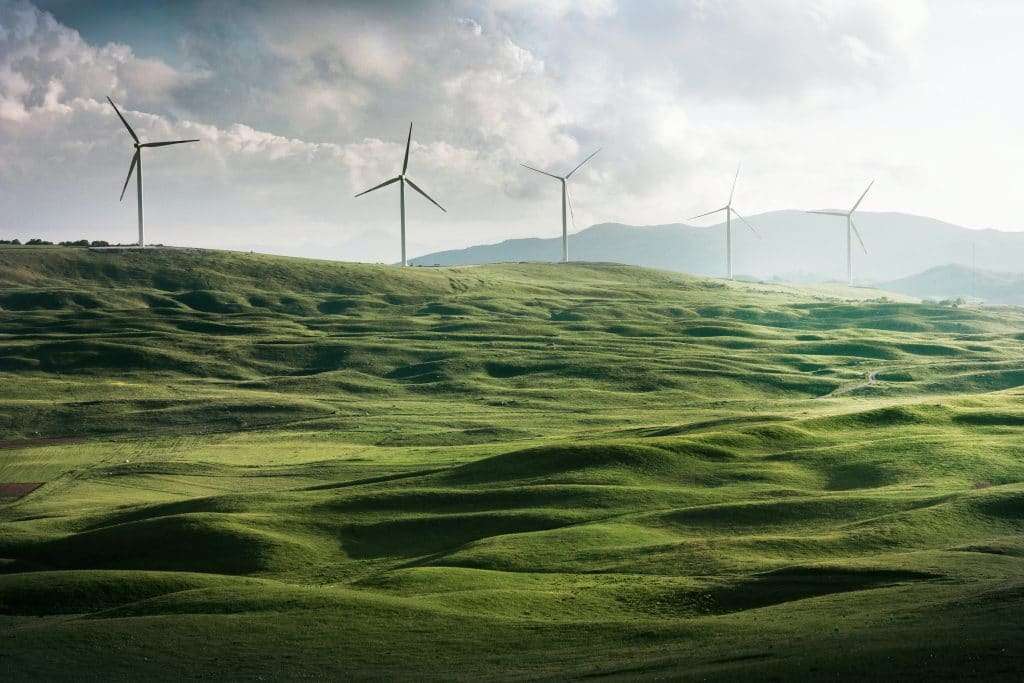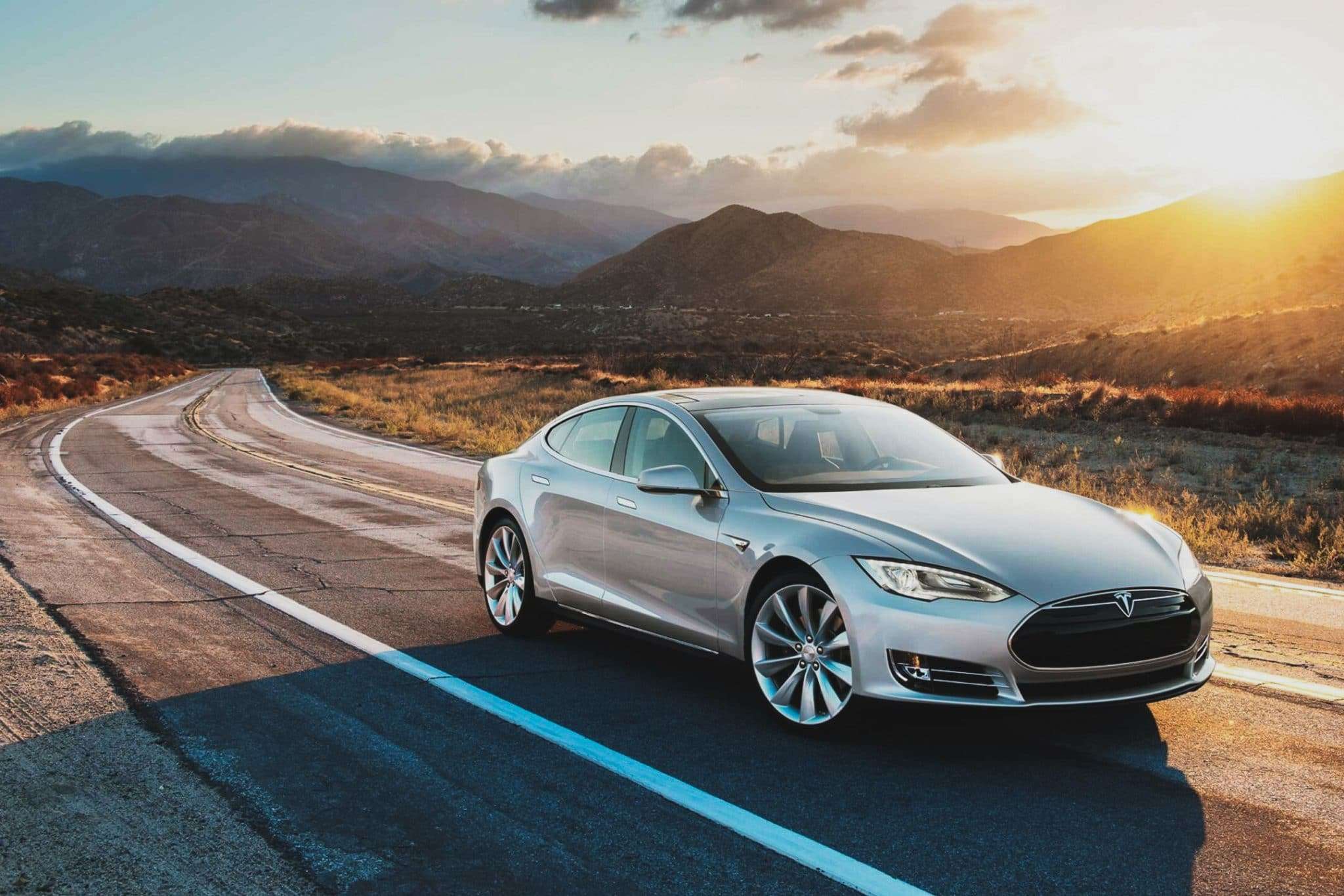The mining industry, often overlooked in discussions of sustainability, now finds itself at the heart of the global push for a cleaner, net-zero economy.
Clean energy technologies can’t currently exist without mining, says Benedikt Sobotka, Chief Executive Officer, Eurasian Resources Group, posted on the World Economic Forum’s website. “Cobalt, lithium and copper are used in batteries,” he explains. “Wind turbines, solar panels, and geothermal plants are largely made of steel, which relies on the extraction and processing of iron; the list goes on.” Producing the EVs and battery storage units necessary to meet the Paris Agreement goals, a demand increase of 12.2Mt is predicted for energy transition minerals between 2020 and 2040, Sobotka says.
Central to the sustainability conversation is the concept that every individual, from CEOs to policymakers, shares the responsibility for making eco-friendly choices. This collective duty extends to industries worldwide, with the mining sector now in the spotlight for its potential to contribute to or hinder the achievement of net-zero emissions.

A notable concern is the potential shortfall in the supply of critical raw materials (CRMs) needed for clean energy technologies. Currently, a significant portion of these materials comes from Africa, which boasts nearly half of the world’s cobalt and manganese reserves. Sobotka notes that 70 percent of the world’s cobalt last year came from the Democratic Republic of Congo. The International Energy Agency (IEA) has forecasted that by 2030, existing mines will only be able to produce about half of the required cobalt and lithium and around 80 percent of the needed copper. This gap highlights the critical need for increased mining activities, yet it also raises concerns about the sustainability of such an approach, given the finite nature of these resources and the environmental and political challenges present in key mining regions.
The mining industry is thus faced with a dual challenge, Sobotka says: to ramp up the extraction of CRMs to meet global demand without exacerbating regional overexploitation. This challenge presents an opportunity for the sector to explore new territories and innovate. Countries such as Kenya, Indonesia, and Argentina have recently been identified as having significant untapped mineral potential, suggesting that a more diversified and technologically advanced approach to mining could unlock the resources needed for the energy transition.

Innovation is already making its mark on the sector, with the introduction of technologies like the NOMAD soil sampling robot by Eurasian Resources Group. Capable of taking more than 120 samples per day in challenging terrains, such as Saudi Arabia’s deserts, NOMAD represents a leap forward in efficiency and environmental sensitivity in mining exploration.
Despite these advancements, the mining sector suffers from a lack of investment, particularly in technology and workforce development. The industry’s capital allocation pales in comparison to the market cap of tech giants like Apple, underscoring a certain irony given the tech industry’s reliance on mined materials. This financial shortfall could hinder the pace of the energy transition unless addressed promptly.
For the mining industry to fully embrace its role in the sustainability journey, Sobotka says it needs not only investment but also a broader public understanding of its critical contribution to the future. The path forward requires bold moves and innovation, with projects that can span a decade or more in development. The urgency of the climate crisis demands swift action, calling on the mining industry to navigate these challenges with determination and foresight. “[W]e need to make these industry-wide changes quickly,” he says. “The future of the world depends on the bravery with which the mining industry decides to move forward.”
Related on Ethos:


